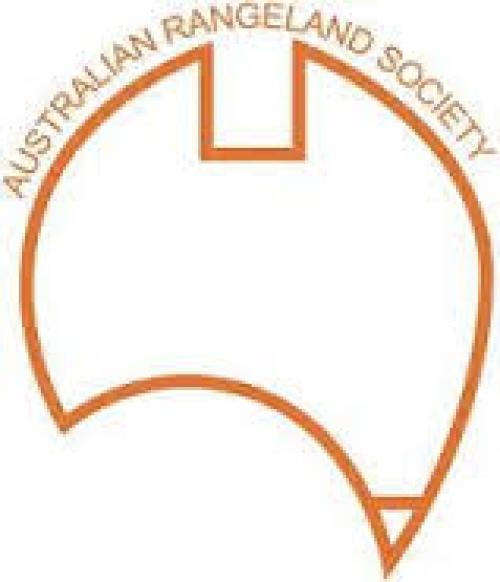A 32,000 km2 area in eastern South Australia was selected as representing a range of arid land topography and vegetation and was surveyed to locate populations of perennial species at sites of differing intensity of grazing by sheep. Most plant species showed negative absolute regeneration responses to sheep grazing, and none were found to have significantly increased regeneration under grazing. Hence the apparent increase in certain shrubs reputed to be woody weeds is a relative effect of selective grazing on the whole vegetation. Attempts to control such species are therefore not likely to be successful, and may merely exacerbate the problem. Regeneration of some native tree and shrub species was significantly reduced to such critical levels that it appears that these species will eventually become locally extinct in sheep-grazed areas. A land-use system which includes a network of reserves ungrazed by sheep will be required to achieve ecological sustainability and conserve a range of grazing- susceptible trees and shrubs.
September 24-27, 1996
Port Augusta, South Australia
ISSN 1323-6660

Full-text publications from the Australian Rangelands Society (ARS) Biennial Conference Proceedings (1997-), Rangeland Journal (ARS/CSIRO; 1976-), plus videos and other resources about the rangelands of Australia.